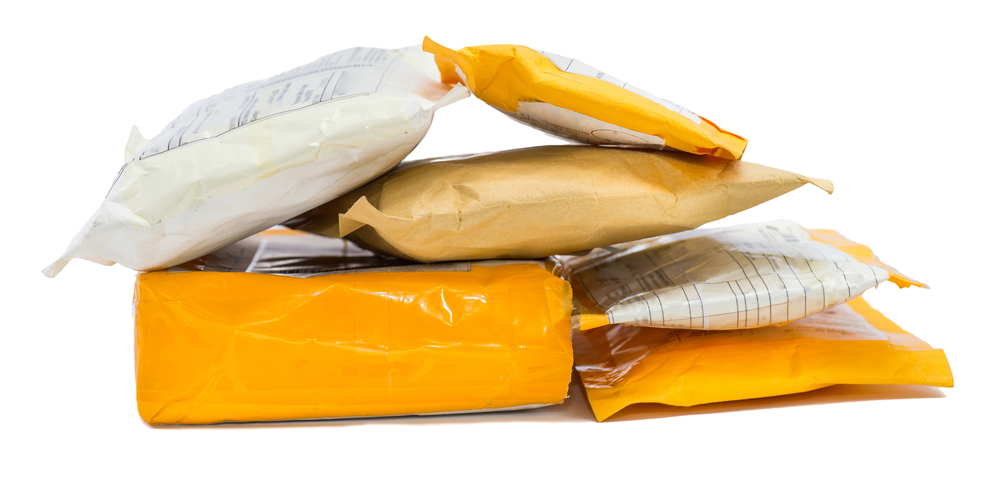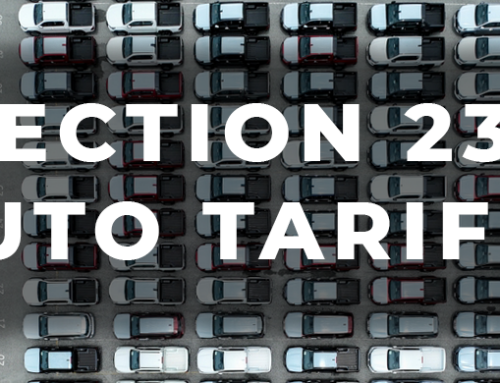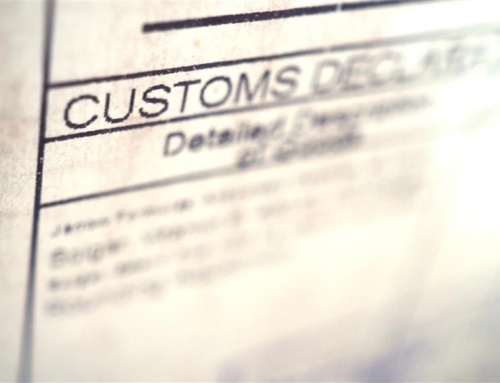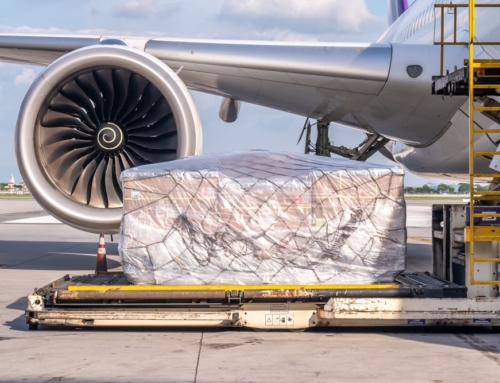A surge in global e-commerce is transforming international trade – creating real challenges and prompting discussions about Customs’ de minimis rule that exempts low-value shipments from import duties and taxes. Established to facilitate trade, this rule is sparking debates regarding its impact on counterfeiting, forced labor, and the economy. Earlier this month, the U.S. House of Representatives Committee (Committee) on the Judiciary Subcommittee on Courts, Intellectual Property, and the Internet (Subcommittee) put de minimis under a magnifying lens to scrutinize the benefits and risks of this rule to U.S. commerce.
WHAT IS THE DE MINIMIS RULE?
Section 321, 19 USC 1321 is the statute that describes de minimis. De minimis provides admission of products free of duty and any tax imposed on or by reason of importation, but the aggregate fair retail value in the country of shipment of goods imported by one person on one day and exempted from the payment of duty shall not exceed $800. The de minimis threshold was previously $200 but increased with the passage of the Trade Facilitation and Trade Enforcement Act (TFTEA) in 2015. In short, de minimis reduces the administrative burden on U.S. Customs, saves importers on duties, and enables faster processing of low-value goods through Customs.
COUNTERFEITING AND FORCED LABOR CONCERNS
Testimony provided at the Subcommittee hearing this May indicated that 84 percent of all Intellectual Property Rights (IPR) seizures originated in The People’s Republic of China and Hong Kong. Of those pirated and counterfeit goods, nearly 90 percent were from de minimis shipments. IPR seizures included over 2 million counterfeit pharmaceuticals and personal care items that could pose threats to consumer safety. Often these counterfeit and pirated products are produced using forced labor.
The Subcommittee was particularly concerned with the use of forced labor in textile production. Brandon Lord, Executive Director of CBP’s Trade Policy and Programs indicated that U.S. Customs and Border Protection (CBP) is screening de minimis shipments for compliance with the Uyghur Forced Labor Prevention Act (UFLPA). Pirated, counterfeit, and goods produced using forced labor cut into the profits of reputable domestic companies by offering cheaply made goods at significantly lower prices.
“CBP processed more than 28.5 million imported cargo containers at ports of entry (POE) across the nation. CBP also seized an increasing amount of counterfeit and pirated goods. From FY 2019 to FY 2023, the total quantity of goods seized for IPR violations more than doubled. In FY 2023, CBP and HSI seized 19,722 shipments – approximately 23 million counterfeit products – for IPR violations with a Manufacturer’s Suggested Retail Price (MSRP) of more than $2.78 billion, had the goods been genuine.”
Brandon Lord | Executive Director | Trade Policy and Programs
Office of Trade | U.S. Customs and Border Protection | U.S. Department of Homeland Security
ENFORCEMENT CHALLENGES FOR DE MINIMIS IMPORTS
According to the CBP, significant e-commerce growth led to a spike in de minimis shipment volumes. CBP processed over one billion shipments under the de minimis exception during fiscal year 2023. Staffing and resources have not grown at the same pace as the volume of de minimis shipments entering the country. As a result, CBP is stretched to quickly move these shipments through the system efficiently. “The de minimis exemption was created to avoid expense and inconvenience to the Government disproportionate to the amount of revenue that would otherwise be collected;” said Lord, “however, the opposite is proving true, and the agency is investing more time and energy into this environment, due to heightened risks that result from dramatic increases in volume, the speed with which shipments move, and high rates of non-compliance found in this environment.”
DE MINIMIS UPCOMING CHANGES
CBP introduced two voluntary de minimis shipment tests in 2019 – the Section 321 Data Pilot and the Entry Type 86 test – within its Automated Commercial Environment (ACE). Based on the results of these tests, CBP is working to update regulations that will require more detailed information on shipments that claim administrative exemption and clarify existing processes. The agency is also working quickly to produce a Notice of Proposed Rulemaking while collaborating with Congress to enact statutory changes that will enhance efforts to intercept dangerous and illicit goods de minimis shipments. In addition to CBP’s efforts, the Subcommittee discussed creating a “Trusted Trader” de minimis approach and pending legislation recommended by the House Ways and Means Committee last month that would restrict products covered by Section 301 tariffs from using de minimis.
Stay up-to-date on freight news with Green’s Weekly Freight Market Update by following us on LinkedIn. For continuous updates, make sure to check out our website at greenworldwide.com.






